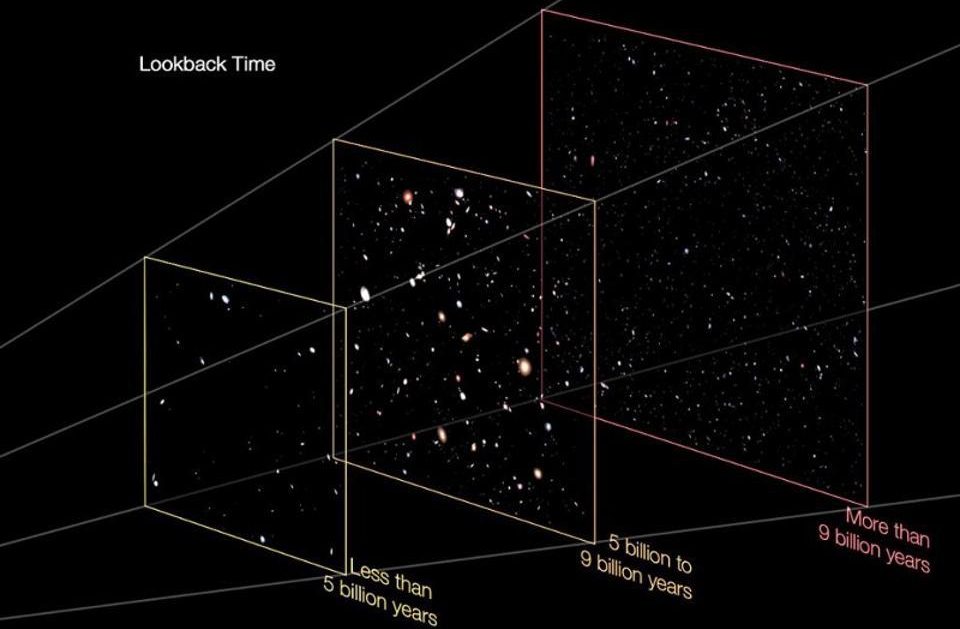The traditional measure of evolutionary success is a population’s ability to continue, adapt and grow. By that measure, humanity has been a huge success: our population is only getting bigger, and for a lot of countries, so is our average life-span.
Biological anthropologist Agustín Fuentes takes issue with this measurement. In his view, the sheer number of humans living on the planet doesn’t necessarily equate to success. In fact, the argument that humans are doing better than ever before is problematic, because it only considers a narrow perspective of Euro-American societies, ignoring other vast cultures and populations.
Instead, Fuentes argues, evolutionary success for humans should be measured by our capacity for flourishing, which includes health, security, interaction, and well-being — and importantly, how this flourishing is distributed across our species.
Fuentes: Traditionally, when you measure success, evolutionarily speaking, it's about a species or a population's ability to sort of continue through time, to successfully adapt, and to grow. So under that definition, there are 8 billion humans living everywhere on the planet. We are super successful in the traditional sense. At the same time, there's 8 billion humans living on the planet, many of them suffering horribly. The planet is suffering horribly. The climate crisis; a variety of other really horrible things are going on. There's a massive extinction event where plants and animals are disappearing at an unbelievable rate because of human action. So one might ask, "Is this evolutionary success?" "Just based on sheer number of humans, is that the way to measure it?"
In the recent past, and today, there are many people who argue that like, "Wait a minute! Wait a minute! Don't complain so much, humans are doing better than they ever have done. There's air conditioners, there's warm showers, there's restaurants, and food, and yeah, so there's some inequality, some people don't have as much as others, but overall, we are living longer and doing better than we ever have done." So I have three responses to that: Number one, who is "we"? Are we talking about the entire human species? Well, it turns out that different humans are living very, very different lives. So we need to clarify that. Before one says, "We are doing better," let us define who that we is.
The second problem I have with that is that these arguments are coming from one broad culture: these sort of Euro-American cultures, these intellectual traditions of a particular way of being in the world, of a particular political and economic process saying, "Well, this is the way it should be, things are better." Well, there are other ways of being in the world. There's lots of societies, lots of languages, lots of cultures, lots of people; many of whom have suffered enormously from this particular way of being. So again, how do we rectify that? How do we understand that?
And the third thing, my third response to people saying, "Hey, stop complaining, things are better, we're living longer," is "Look, what is the measure of success for humans?" It has to do with: How are we doing the human thing? How are we being human? And how can we minimize, not get rid of, but minimize suffering and injustice? Humans are always gonna have inequity and injustice: there's a lot of us, and human history always have hierarchies, and some have more and some have less, there's these incredible dynamics. But when it comes down to it right now, we can see that the inequity, the discrepancy in political, economic, technological, health, and many other outcomes for humans is bigger than it ever has been in the entirety of human history.
If that's the case, something is wrong, 'cause that direction is not good for humans; we already have data that suggests and shows that it's not good for the planet. So, to those who say, "Calm down, everything is better than it used to be." I say, "No, it's not." It's not just surviving longer, it's not just having more, it's not just having access to technology. To really understand success, evolutionarily speaking in humans, we need to also talk about the capacity for flourishing. Are human bodies and societies reaching at least these minimal levels of flourishing, of health, of security, of interaction, and of well-being. So, I would argue, in the modern context, to understand evolutionary success for humans, we need to understand the capacity for human flourishing, and how that is distributed across our species.






